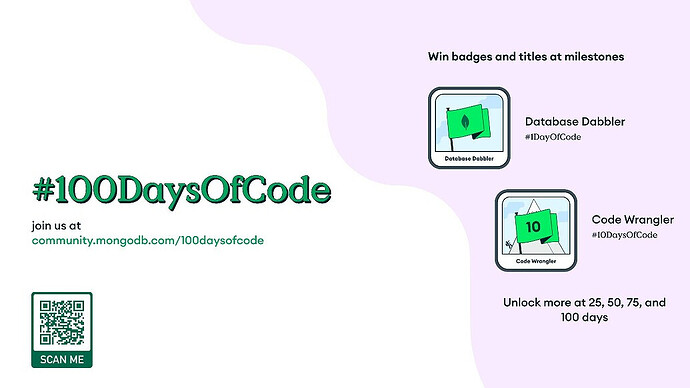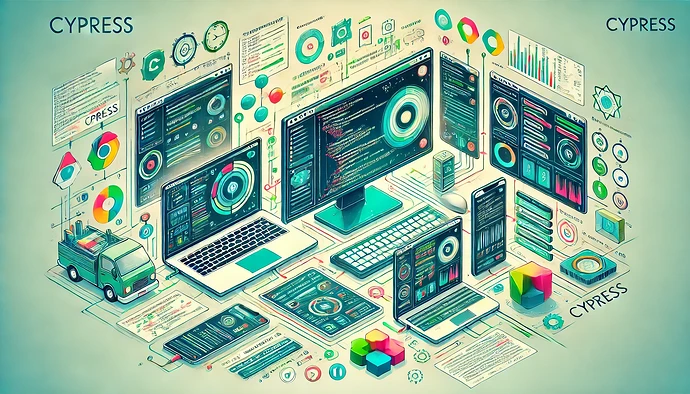Day 2: Writing Clean Code
I remember feeling proud after submitting a fully functional solution to an assignment I had worked hard to solve in my sophomore year, only to be surprised with disappointing feedback. My professor told me, ‘I don’t care if it works if I have to struggle to understand your spaghetti code.’
That moment stuck with me and taught me a powerful lesson: writing code isn’t just about making it functional—it’s about making it clear, maintainable, and readable.
Functional code solves a problem, but clean code solves it efficiently and allows others (and your future self) to understand and build upon it. Since then, I’ve committed myself to focus on clarity and simplicity, making sure my code reflects these principles:
• Readability: Write code that doesn’t require someone to “decode” your thought process.
• Consistency: Follow patterns and formatting rules, making the logic predictable.
• Documentation: Don’t leave others guessing—use clear comments and meaningful names for variables, functions, and classes.
This experience reminded me of a quote by Robert C. Martin (Uncle Bob):
“Clean code is simple and direct. Clean code reads like well-written prose.”
![]() What I did today:
What I did today:
I revisited one of my older projects and refactored redundant, messy blocks of code into modular, reusable functions. The result? Simpler, cleaner, and more efficient.
![]() My clean code checklist:
My clean code checklist:
• Use meaningful names for variables, functions, and classes.
• Keep functions short and focused on a single task.
• Eliminate unnecessary comments—let your code be self-explanatory.
• Stick to consistent formatting and indentation.
Let’s raise the bar for quality! What are your go-to practices for writing clean code?
100daysofcode lebanon-mug








